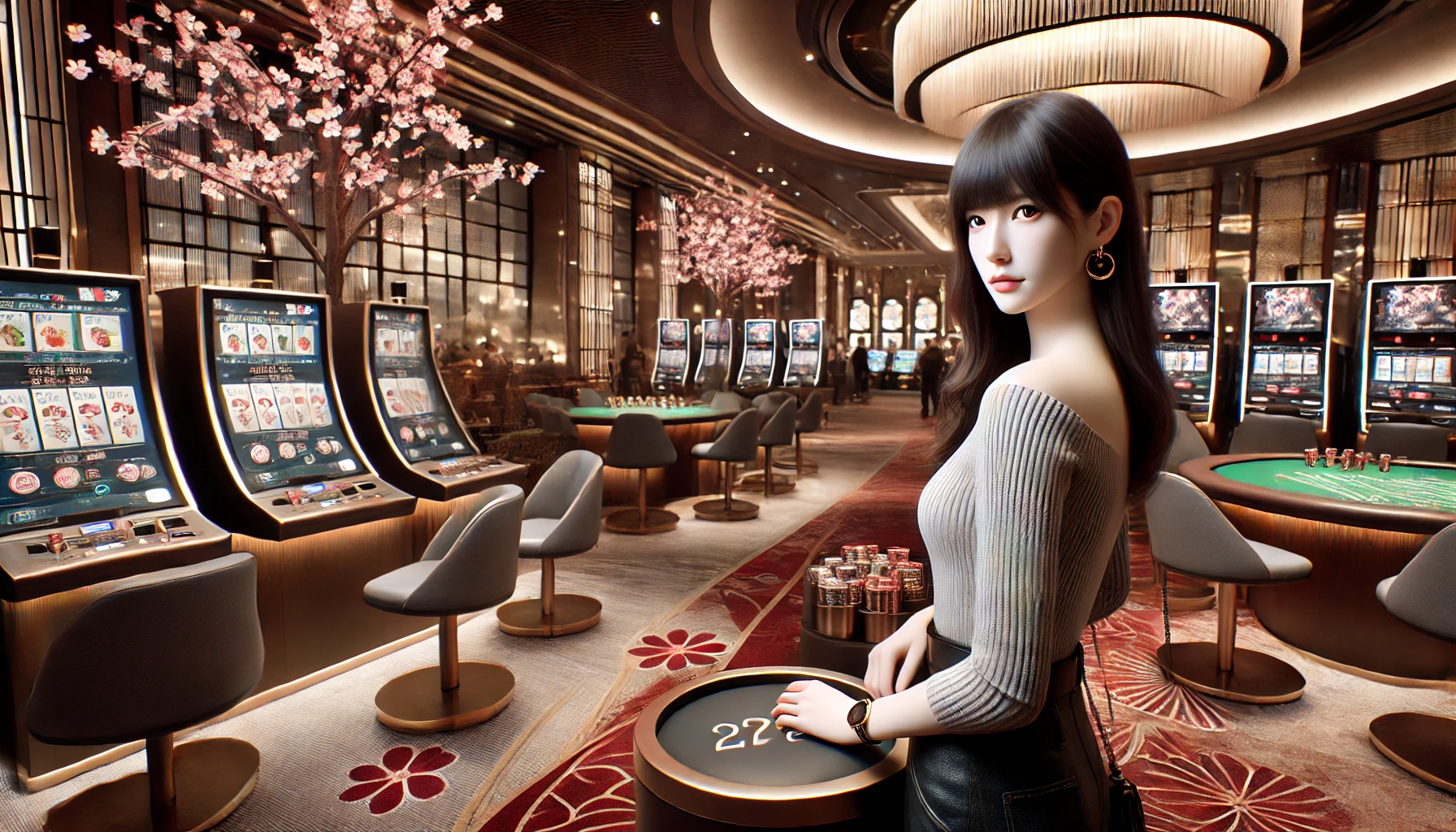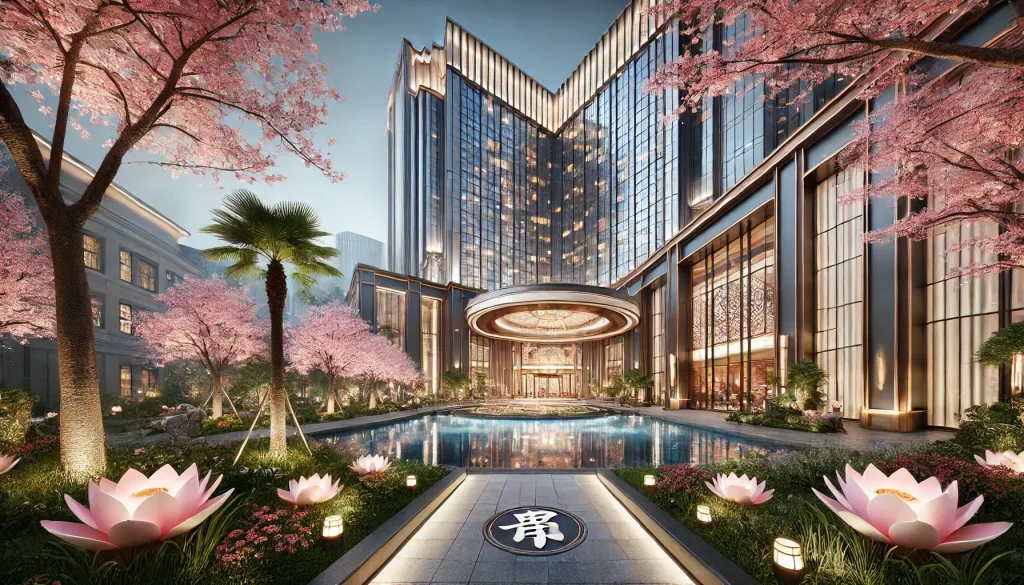
Gambling in Japan: What You Need to Know About Pachinko and Casino Resorts
Gambling in Japan has always been a fascinating subject, reflecting a unique blend of cultural tradition and modern innovation. While many countries openly embrace gambling through casinos and online platforms, Japan takes a more nuanced approach. The nation’s gambling activities are tightly regulated, with pachinko parlours dominating the scene for decades. However, the recent introduction of casino resorts marks a significant shift in the industry. This article explores the intricacies of gambling in Japan, focusing on pachinko’s cultural impact and the opportunities brought about by integrated casino resorts.
Pachinko: A Cultural Phenomenon
Pachinko is not just a game; it is a deeply ingrained part of Japanese culture. With roots tracing back to the early 20th century, pachinko has evolved from a simple mechanical pastime into a complex form of entertainment. Today, it is considered a major industry, contributing billions to the Japanese economy annually.
The allure of pachinko lies in its accessibility. Pachinko parlours are found in almost every city and town, attracting players from all walks of life. These venues are brightly lit, filled with electronic sounds, and offer an engaging atmosphere that keeps players coming back. The game itself is straightforward yet highly captivating, making it appealing to both casual participants and dedicated enthusiasts.
How Does Pachinko Work?
The mechanics of pachinko are a unique combination of skill and luck. Players purchase small steel balls, which they launch into the machine. The balls bounce off a series of pins, and the goal is to land them in specific pockets to trigger a win. Unlike traditional gambling, winnings are not paid out in cash. Instead, players receive tokens or items, which can then be exchanged for prizes or cash at external facilities, circumventing Japan’s strict anti-gambling laws.
In recent years, technological advancements have modernised pachinko machines, incorporating touch screens, themed graphics, and interactive elements. These updates keep the game fresh and appealing to a younger audience. Despite its popularity, pachinko is not without criticism. Concerns over gambling addiction and its association with certain socioeconomic issues have prompted the government to introduce stricter regulations on the industry.
Casino Resorts: A New Era of Gambling
The introduction of integrated casino resorts has ushered in a new chapter for Japan’s gambling industry. Legalised in 2016 under the Integrated Resort (IR) policies, these developments aim to boost tourism and stimulate the economy. Unlike pachinko parlours, which cater primarily to domestic players, casino resorts are designed to attract international visitors.
These large-scale developments combine traditional gambling activities with luxury accommodations, fine dining, and cultural attractions. By integrating multiple forms of entertainment, casino resorts promise an immersive experience that appeals to a diverse audience. They also serve as a platform for showcasing Japanese culture through performances, architecture, and culinary arts, adding a unique dimension to the global casino scene.
What Do Casino Resorts Offer?
Casino resorts in Japan are set to include world-class gaming facilities, offering games such as poker, blackjack, roulette, and slot machines. However, gambling is only one part of the experience. These resorts also feature state-of-the-art facilities, including theatres, spas, shopping centres, and conference halls. This diversification ensures that even non-gamblers can find something enjoyable within the resorts.
Responsible gambling is a key focus of these establishments. Measures such as entry fees for Japanese residents, limitations on visit frequency, and mandatory identification checks aim to mitigate the risks associated with gambling addiction. Additionally, the government has implemented strict licensing requirements to ensure transparency and prevent criminal activities like money laundering.
The potential for economic growth is immense. By attracting high-spending tourists, casino resorts are expected to generate substantial revenue and create thousands of jobs. However, the implementation process has faced challenges, including public opposition and debates over social impacts. As a result, the success of these resorts will depend on balancing economic benefits with social responsibilities.

Challenges and Future Prospects
Japan’s gambling industry is not without its hurdles. One of the biggest challenges is managing the social implications of gambling. The government has taken proactive steps to address these concerns, such as launching public awareness campaigns and establishing support centres for individuals struggling with addiction. These efforts highlight Japan’s commitment to promoting responsible gambling practices.
Another challenge lies in public perception. Many Japanese citizens remain sceptical about the introduction of casinos, fearing that they may lead to increased crime rates or disrupt traditional values. To address these concerns, operators are working closely with local communities to ensure that casino developments align with cultural and ethical standards.
The Future of Gambling in Japan
Despite these challenges, the future of gambling in Japan looks promising. Integrated casino resorts are poised to become key players in the country’s tourism strategy, attracting visitors from around the world. With plans to integrate advanced technologies like virtual reality and AI-driven gaming experiences, Japan’s casinos could set new standards for innovation in the industry.
Moreover, the continued popularity of pachinko ensures that traditional forms of gambling will remain relevant. By balancing modernisation with cultural preservation, Japan has the potential to establish itself as a leader in the global gambling market. The combination of strict regulations, innovative offerings, and a focus on social responsibility makes Japan a unique case study in the evolution of gambling.
